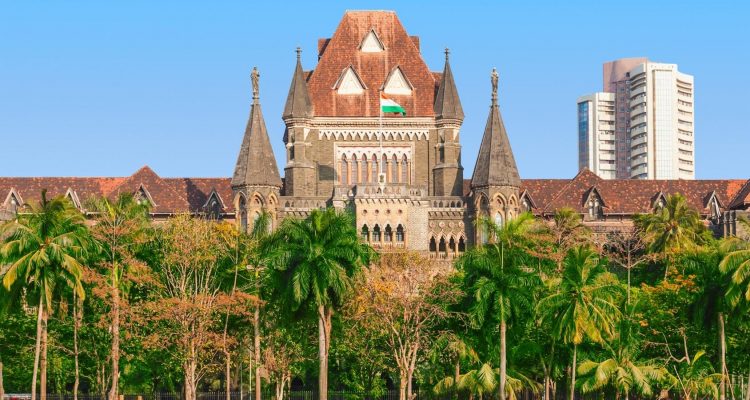High Court Lawyer in Pune
Lawyers often oversee the work of support staff, such as paralegals and legal assistants, and legal secretaries. High Court Lawyer in Pune may have different titles and different duties, depending on where they work. In law firms, lawyers, sometimes called associates, perform legal work for individuals or businesses. Those who represent and defend the accused may be called criminal law attorneys or defense attorneys. Attorneys also work for federal, state, and local governments. Prosecutors typically work for the government to file a lawsuit, or charge, against an individual or corporation accused of violating the law. Some may also work as public defense attorneys, representing individuals who could not afford to hire their own private attorney. Others may work as government counsels for administrative bodies and executive or legislative branches of government. They write and interpret laws and regulations and set up procedures to enforce them. Government counsels also write legal reviews of agency decisions.
They argue civil and criminal cases on behalf of the government. State advocates act as public prosecutors in High Court matters, typically in cases requiring preparation and research. They are appointed by the National Prosecuting Authority and are attached to the Office of the National Director of Public Prosecutions. We will provide you with the best High Court Lawyer in Pune for your case. As advocates, they represent one of the parties in a criminal or civil trial by presenting evidence and arguing in support of their client. As advisors, lawyers counsel their clients about their legal rights and obligations and suggest courses of action in business and personal matters. All attorneys research the intent of laws and judicial decisions and apply the laws to the specific circumstances that their clients face. Lawyers typically have an interest in the Thinking and Persuading interest areas, according to the Holland Code framework. The Thinking interest area indicates a focus on researching, investigating, and increasing the understanding of natural laws.
The Persuading interest area indicates a focus on influencing, motivating, and selling to other people. If you are not sure whether you have a Thinking or Persuading interest that might fit with a career as a lawyer, you can take a career test to measure your interests. Lawyers should also possess the following specific qualities:
Analytical skills: High court advocate help their clients resolve problems and issues. As a result, they must be able to analyze large amounts of information, determine relevant facts, and propose viable solutions.
Interpersonal skills: Lawyers must win the respect and confidence of their clients by building a trusting relationship so that clients feel comfortable and share personal information related to their case.
Problem-solving skills: Lawyers must separate their emotions and prejudice from their clients’ problems and objectively evaluate the matter. Therefore, good problem-solving skills are important for lawyers to prepare the best defense and recommendation.
Research skills: Preparing legal advice or representation for a client commonly requires substantial research. All lawyers need to be able to find what applicable laws and regulations apply to a specific matter.
Speaking skills: Lawyers are hired by their clients to speak on their behalf. Lawyers must be able to clearly present and explain evidence to a judge and jury.
Writing skills: Lawyers need to be precise and specific when preparing documents, such as wills, trusts, and powers of attorney.


